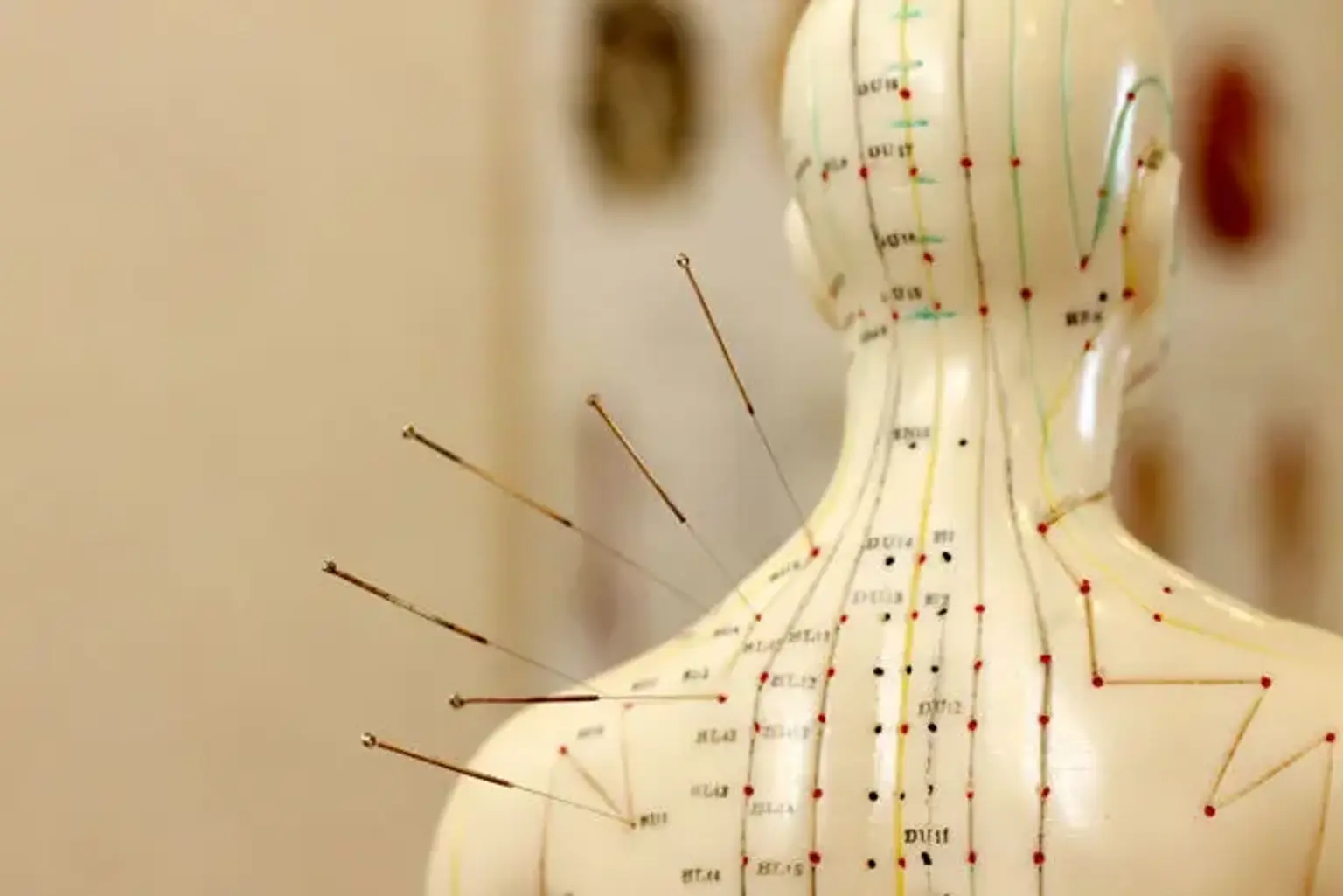Acupuncture
Overview of Acupuncture Treatment
Certain health conditions and related symptoms can cause a lot of pain and make you feel uncomfortable. Although there are many other alternative treatments for such cases, some people find them ineffective and don’t always work as expected.
If you are in such a situation, you may consider trying the acupuncture type of treatment. Acupuncture has proven to be an effective treatment that works perfectly well for some people. Depending on the type of condition, acupuncture can help relieve most pain and enhance a fast recovery.
